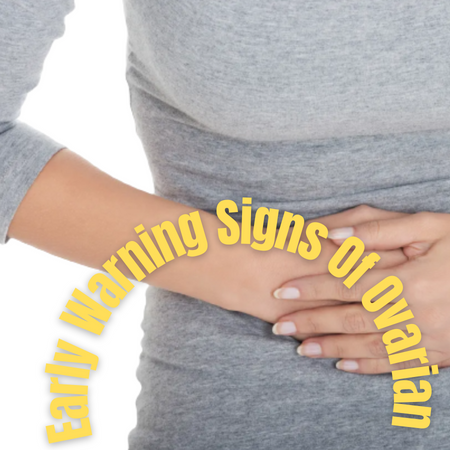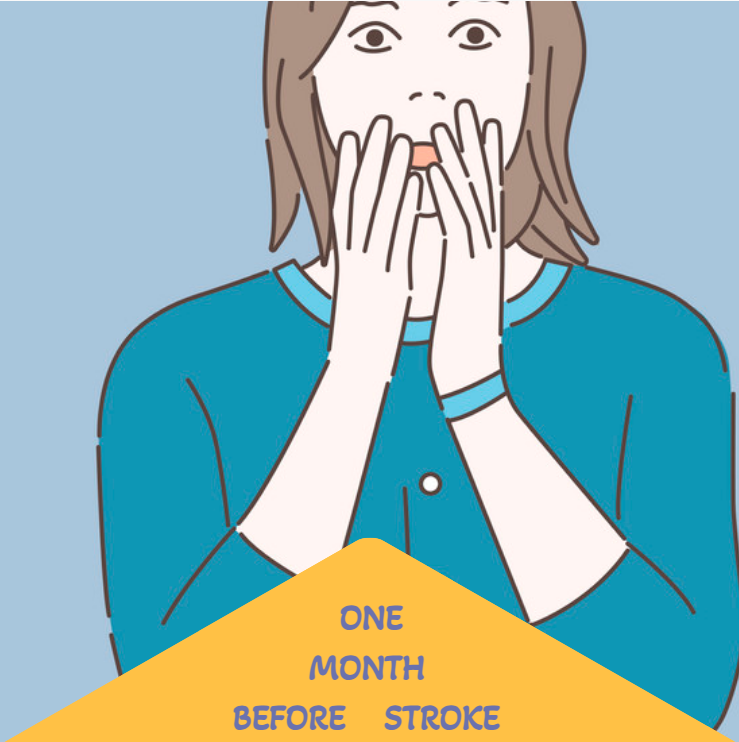6. Metallic Taste in Mouth and Ammonia Breath
Waste buildup in the blood, a condition known as uremia, can cause a metallic taste in the mouth. Additionally, you may experience ammonia-like breath. These symptoms can lead to:
- Loss of appetite and aversion to certain foods.
- Weight loss due to reduced food intake.
- Nausea and vomiting, further decreasing nutrient intake.
7. Persistent Back Pain
Pain in the lower back, particularly on one side, could be indicative of kidney problems. While back pain is common and often related to muscle or spine issues, it can also be a sign of:
- Kidney infections (pyelonephritis), which typically present with fever and urinary symptoms.
- Kidney stones, which cause intense, sharp pain and might radiate to the lower abdomen.
- Polycystic kidney disease, a genetic disorder that leads to enlarged kidneys and cyst formation.
Recognizing and Responding to Kidney Health Issues
Recognizing these signs early and seeking medical attention can make a significant difference in managing kidney health. If you experience any of these symptoms, it is crucial to consult with a healthcare professional for a thorough evaluation. Diagnostic tests such as blood tests, urine analysis, and imaging studies can help determine the cause of these symptoms and guide appropriate treatment.
Preventative Measures to Protect Kidney Health
To maintain optimal kidney health, consider the following preventative measures:
- Stay Hydrated: Drink plenty of fluids to help the kidneys clear sodium, urea, and toxins from the body.
- Eat a Balanced Diet: Incorporate fruits, vegetables, whole grains, and lean proteins. Avoid excessive salt, sugar, and processed foods.
- Exercise Regularly: Physical activity can help control blood pressure and maintain a healthy weight, both of which are crucial for kidney health.
- Avoid Smoking and Excessive Alcohol Consumption: Both can damage the kidneys over time.
- Monitor your blood pressure and blood sugar levels. High blood pressure and diabetes are major factors of renal damage.
- Regular Check-ups: Routine medical exams can help detect kidney issues early, especially if you have risk factors such as a family history of kidney disease or chronic conditions like diabetes and hypertension.
By understanding the signs of kidney danger and taking proactive steps to maintain kidney health, you can significantly reduce the risk of severe kidney disease and enhance your overall well-being.


